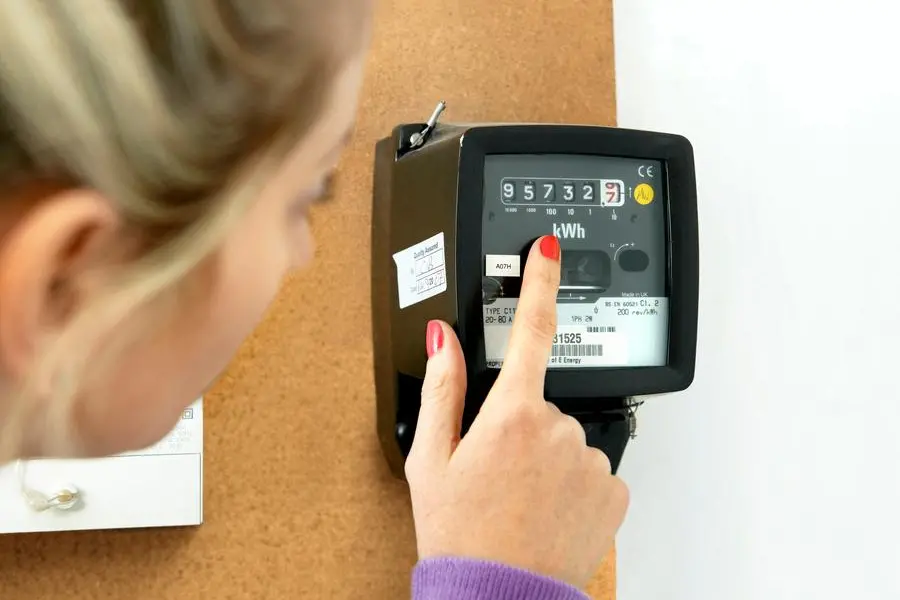PHOTO
The Committee of Vice Chancellors of Nigerian Universities (CVCNU) has again condemned the recent hike in electricity tariffs being charged to universities by the various electricity distribution companies in the country, saying the increment is totally uncalled for as no Nigerian universities can afford the new tariff.
The committee declared that even when the tariffs were much lower, most of the universities found it very difficult to pay their electricity bills and wondered why the electricity distribution companies have now hiked their tariffs by 300 percent.
The Secretary-General of the committee, Prof Yakubu Ochefu, who expressed this displeasure in an exclusive interview with Nigerian Tribune at the weekend, said it was surprising that universities could be placed on Band A tariff when they are not commercial ventures but social service providers.
Recall that in April 2024, the Nigerian Electricity Regulatory Commission(NERC) announced an increment in electricity tariff paid by Band A customers from N68/KWh to N225/KWh, which is 300 per cent increment.
According to the commission, Band A customers enjoy electricity supply for at least 20 hours per day and therefore must pay for the long hours of service.
Since the announcement, majority of the customers who are captured whether they are viable or not, in the new tariff including universities, have been crying out that they cannot afford the new tariff, calling for reversal to the old rate.
Ochefu explained that “For the first generation universities, such as University of Lagos, University of Nigeria, University of Ibadan, and so forth, their monthly electricity bills which were around N80 million to N120 million per month before now jumped to as high as between N250 and N300 million or more per month.
“And when will calculate the monthly bill for a year, the amount which was in the region of N1 billion before has gone up to around N3. 6 billion or more for one university and electricity is only one item among the essential needs of a university.
“So, where will a university with the same low subvention from the government get N3.6 billion to pay for electricity use alone when they have many other things to use money for?
“That is why we are saying this new tariff is simply non affordable let alone sustainable across universities.”
Recently for example, Ahmadu Bello University, Zaria, and the University of Benin, Benin City, both public universities, decried the new tariff rate, arguing that there is no way they would be able to afford N3.6 billion for electricity use in one year, which is based on N300 million monthly bill average as they were served.
Similarly, Babcock University, Ilisan-Remo, a private-owned institution based in Ogun, last Sunday, at its 22nd convocation ceremony, equally raised the concern, saying its electricity bill for May alone was N300 million and that there is no way it can sustain such payment.
Ochefu explained that university operations run 24 hours and for them to function well and achieve their mandates, they need constant power supply at a rate that is affordable and sustainable.
He noted that the vice-chancellors’ committee had taken a step by officially writing to President Bola Tinubu for intervention on the matter so that universities would be able to breathe.
He said the committee asked the Federal Government to direct DisCos to give universities concession or a waiver on electricity supply and make their bills friendly and affordable.
He said universities can be placed on special Bands where they would be able to enjoy steady light and at affordable prices but certainly not under Band A.
He said the committee is waiting for response from President Tinubu and believes he would give the matter speedy attention.
He pointed out that if the universities should pass the new tariff to students to pay, it will cost each of them an average of N80,000 yearly, which he said they would not be able to pay since majority of them who are attending public universities are from the less privileged homes, struggling to survive.
“So we are waiting the for President to step in and rescue university education from this challenge,” Ochefu stressed, adding that now that the new governing councils had been inaugurated across public universities nationwide, they should also do follow-up on the matter.
Copyright © 2022 Nigerian Tribune Provided by SyndiGate Media Inc. (Syndigate.info).




















